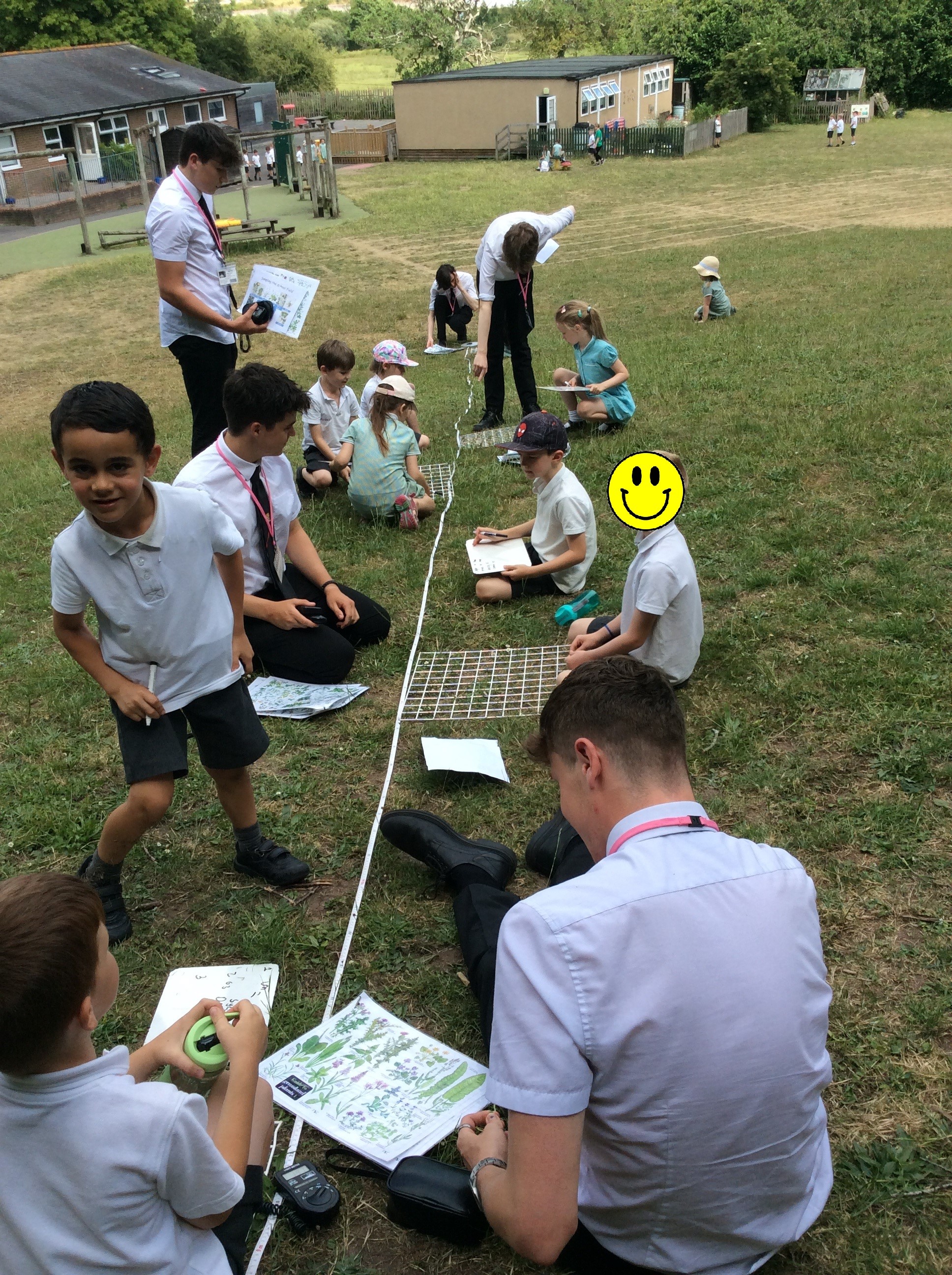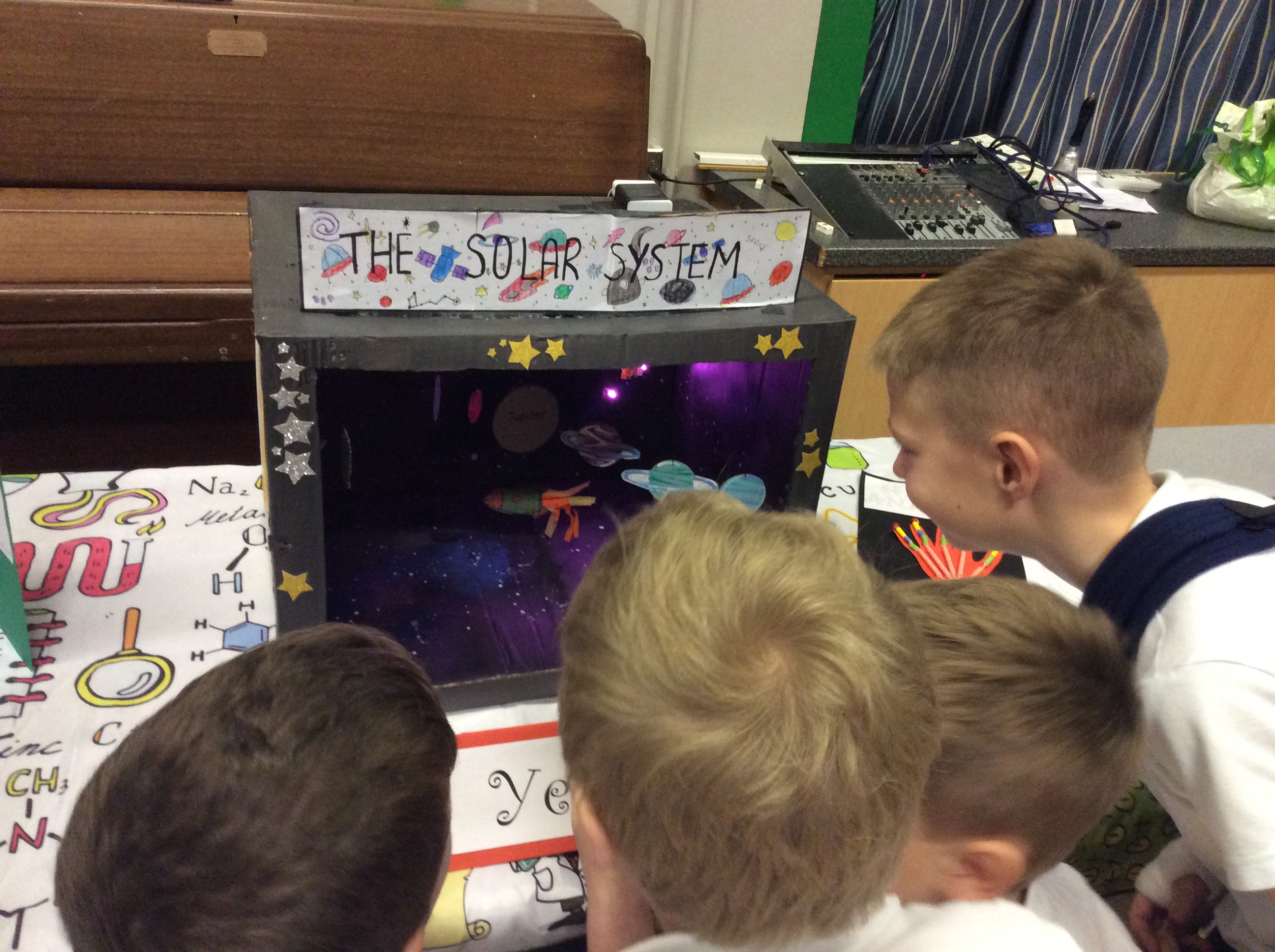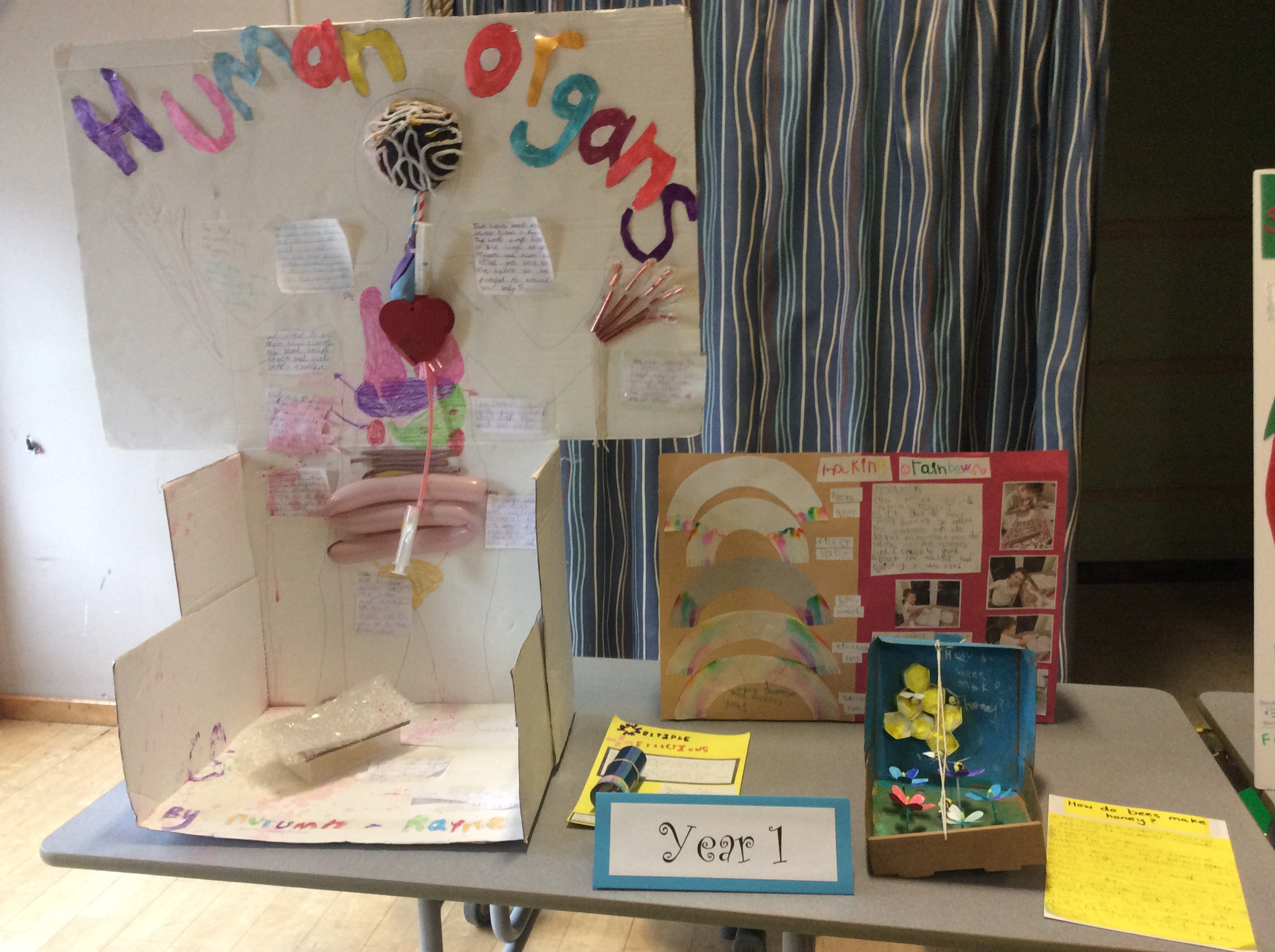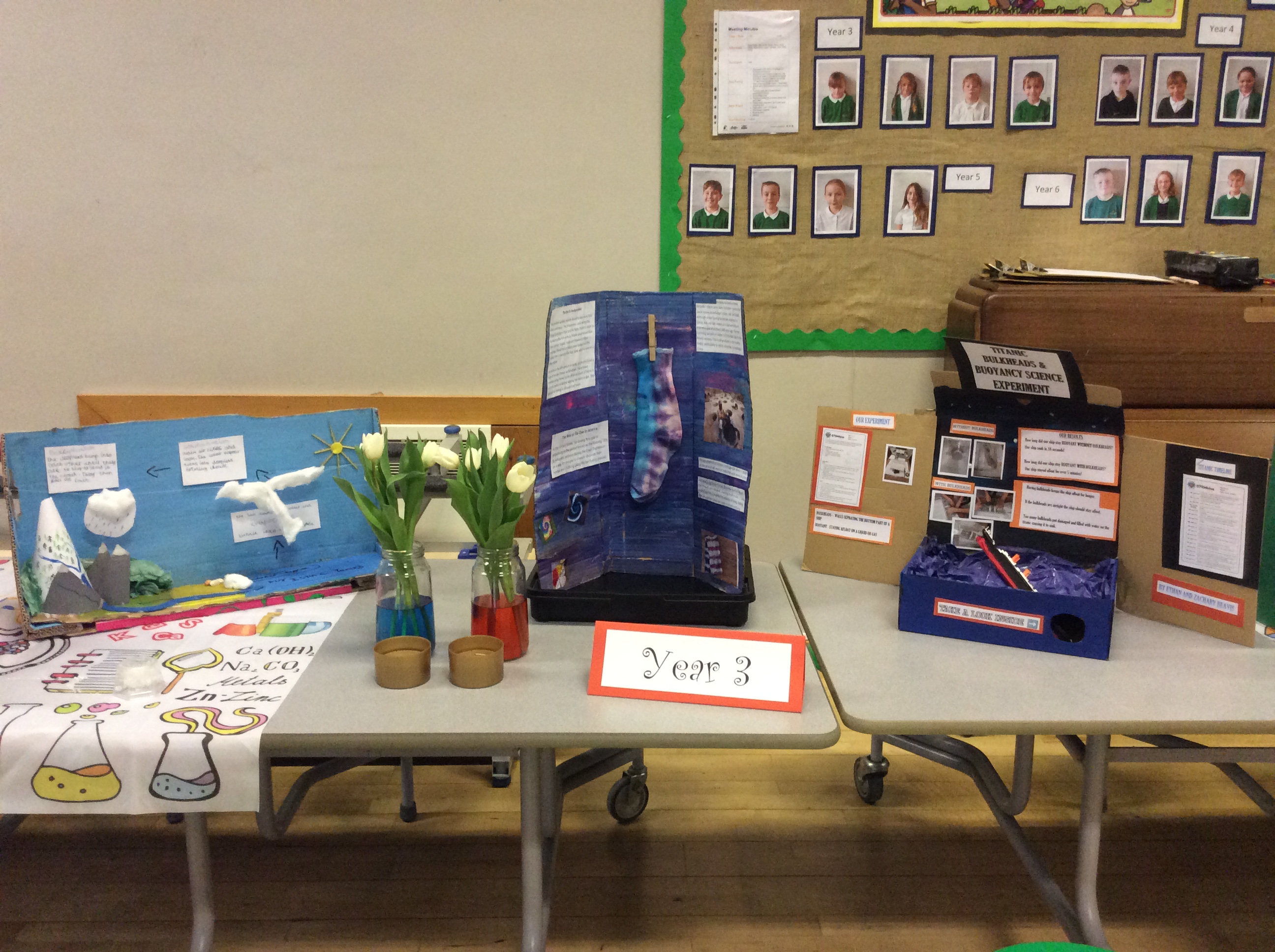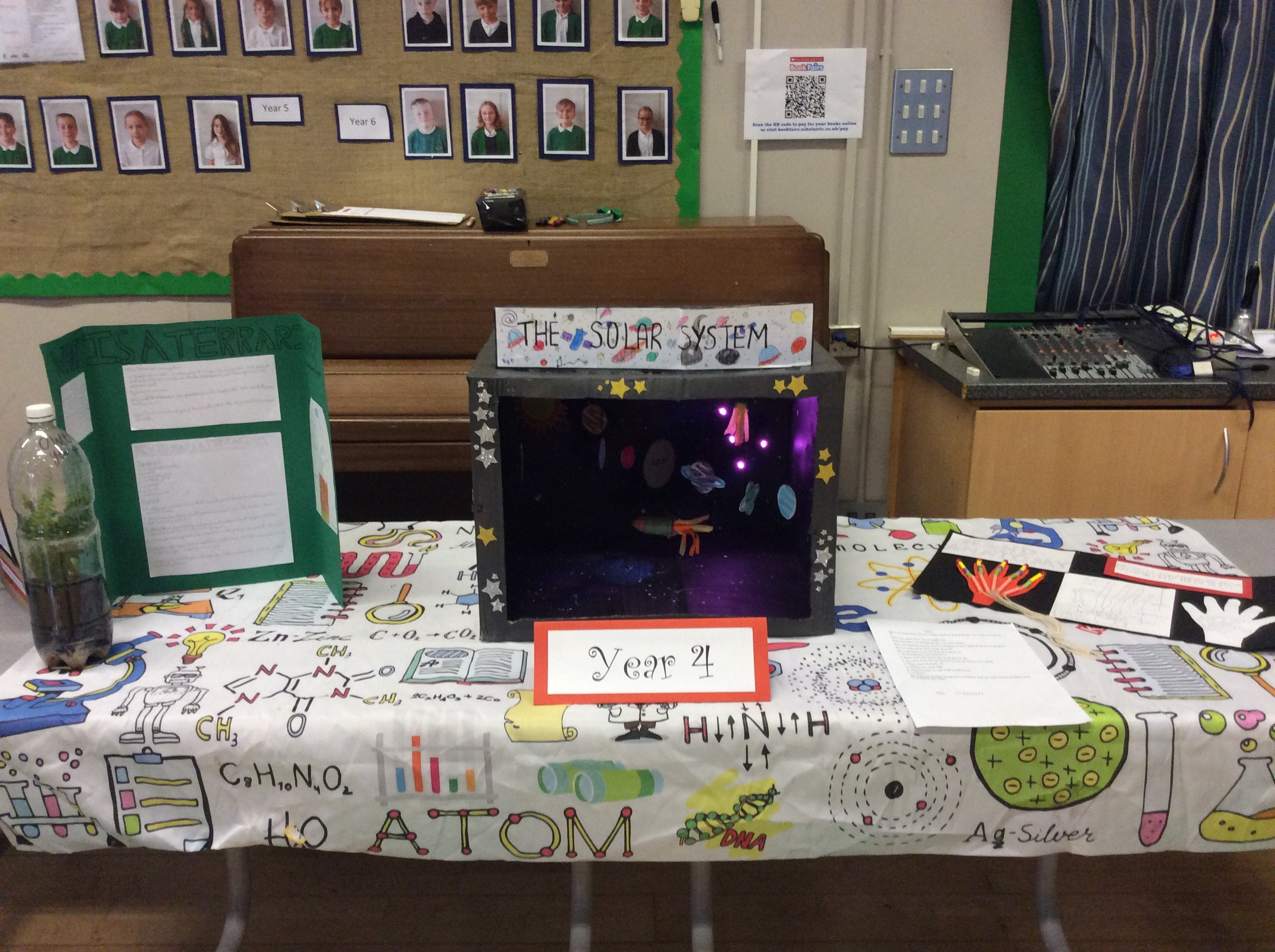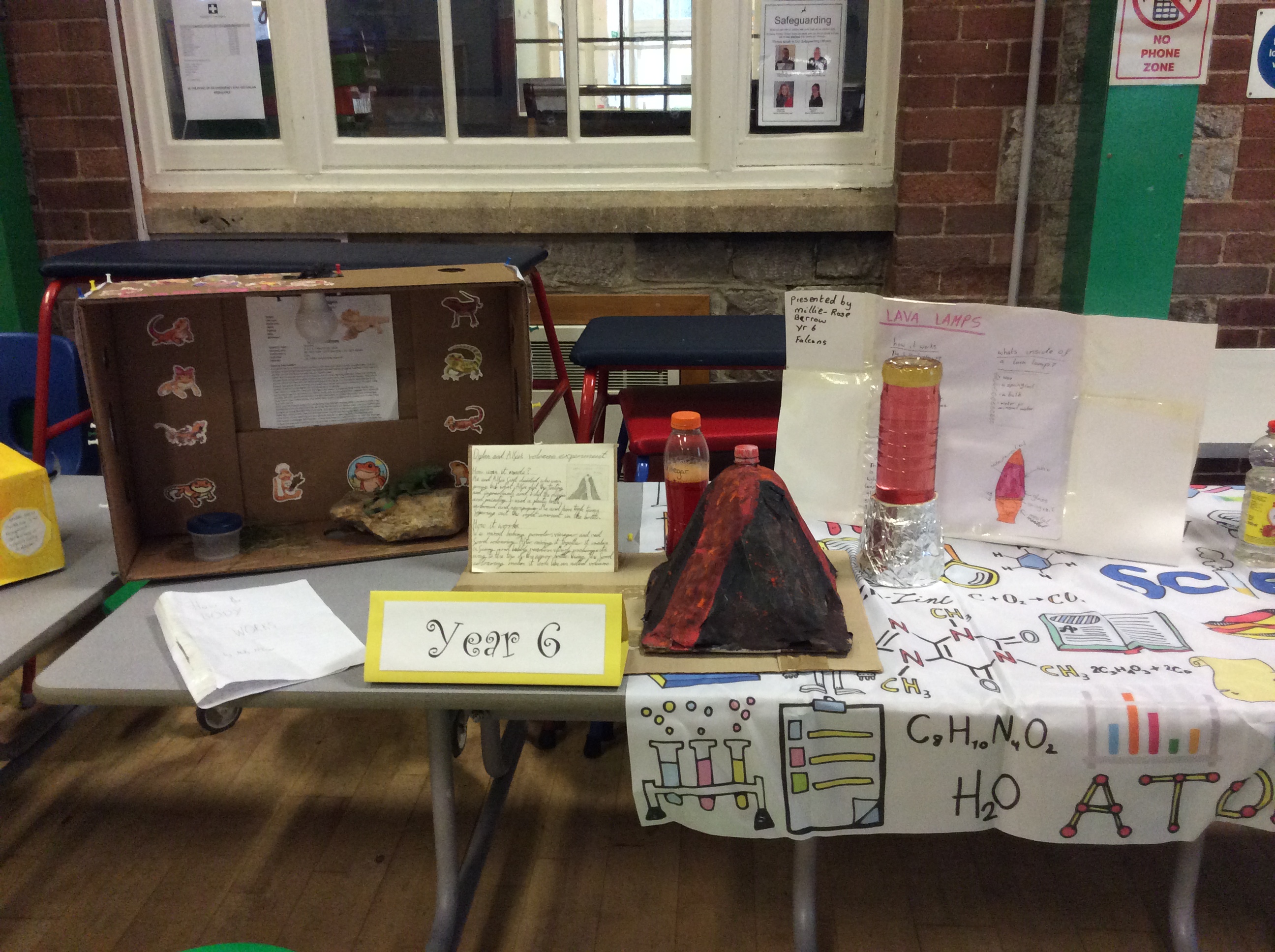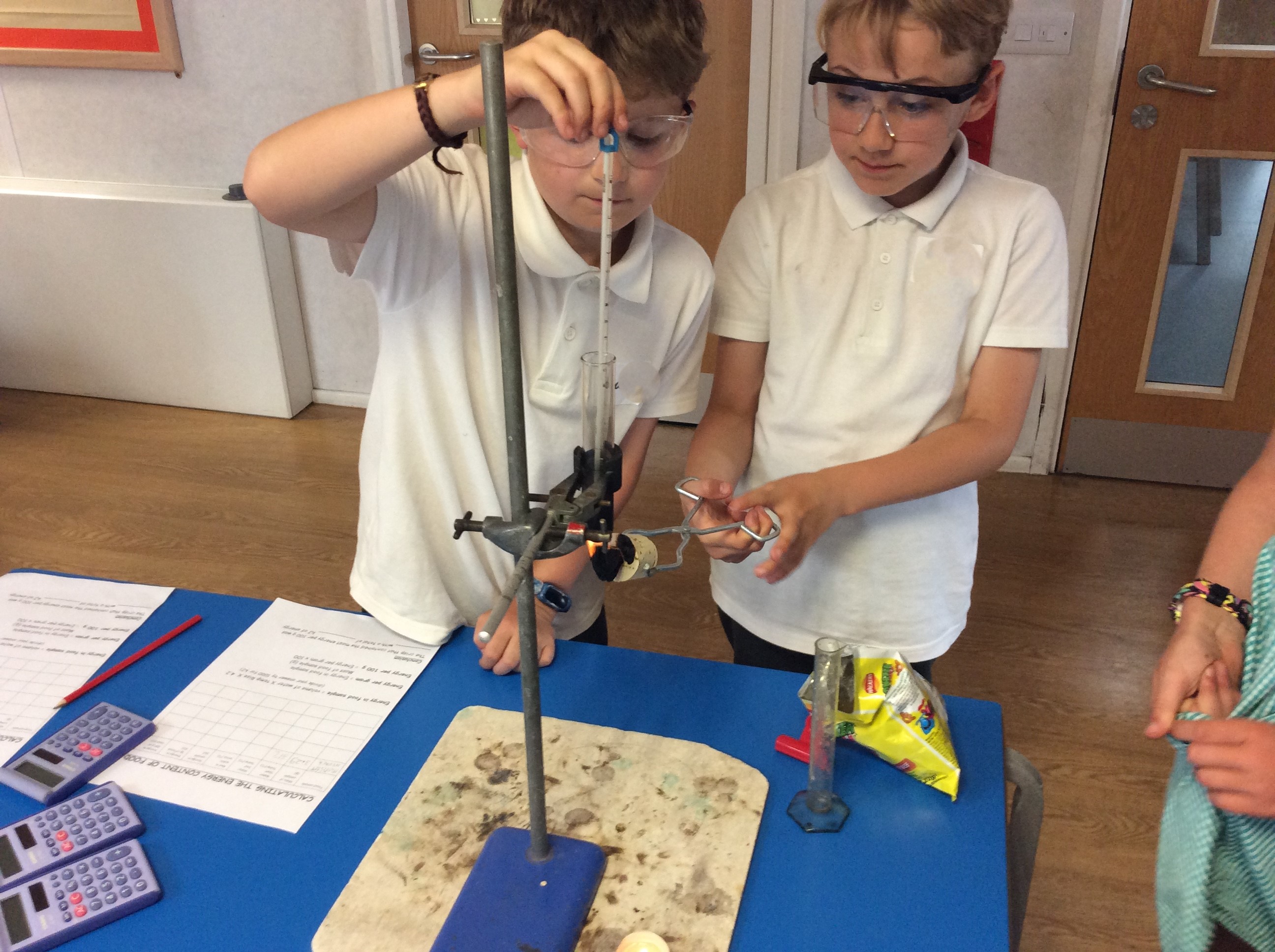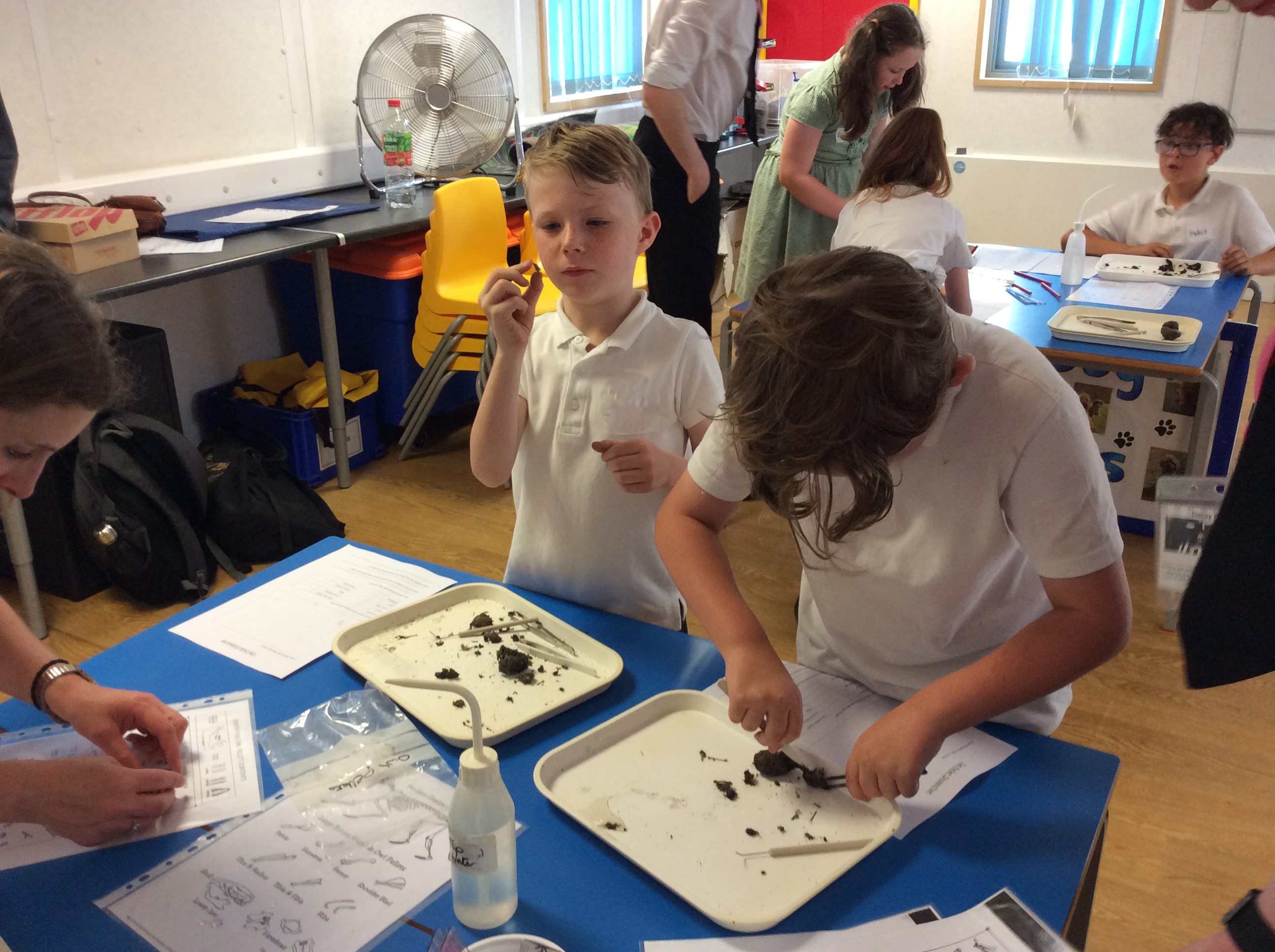Science
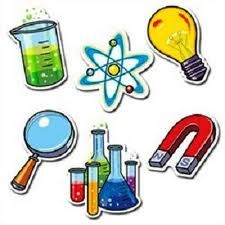 The national curriculum for science aims to ensure that all pupils:
The national curriculum for science aims to ensure that all pupils:
- develop scientific knowledge and conceptual understanding through the specific disciplines of biology, chemistry and physics
- develop understanding of the nature, processes and methods of science through different types of science enquiries that help them to answer scientific questions about the world around them
- are equipped with the scientific knowledge required to understand the uses and implications of science, today and for the future
Intent
Why do we teach science? Why do we teach it the way we do?
Children are naturally inquisitive and always look to understand the world around them. Science teaching at Decoy provides our pupils with the opportunity to build on this curiosity by giving them an exciting context to apply this learning.
The science National Curriculum identifies three key areas in which the children should be taught: knowledge and understanding, working scientifically and the application of science. Our school has a carefully planned science curriculum that ensures children, from EYFS to Year 6, cover these three aims in an accessible, creative and engaging way. We believe that children learn science best by doing and seeing; by providing the children with a range of opportunities to actively carry out different types of scientific enquiries, we ensure that working scientifically and application of knowledge is embedded into the heart of our science curriculum.
Our school endeavours to ensure that every child is given the opportunity to enjoy and make progress in science. In addition, the wider curriculum provides many opportunities to apply and deepen children’s understanding of science. Teachers are expected to plan for these opportunities in their wider teaching.
Implementation
What do we teach? What does this look like?
The science curriculum follows the year by year progression of knowledge and skills as set out in the National Curriculum. Children in Foundation are taught science as part of their continuous provision.
We believe that for the children to become scientists, they not only need knowledge, but also the skills to work scientifically and opportunities for skills and knowledge to be applied. We have developed a curriculum that uses elements of PLAN primary science resources, combined with Teaching and Assessment of Primary Science (TAPS) assessment materials. This provides clear guidance to all teaching staff on the progression and application of skills and knowledge expected for each topic, in each year group. Key vocabulary is identified for each science topic. It is expected that these keywords will be explored through teaching and be accessible to children in their books as bookmarks and as knowledge organisers on science working walls and on tables during lessons (see below for examples).
Children have the opportunity to develop their science capital through extracurricular activities such as visitors, trips and special science learning days. The school takes part in national science events such as British Science Week, World Ocean Day and the RSPB Big Schools’ Birdwatch.
We aim to utilise our school grounds and rural setting; for example, by making full use of our two environmental areas and school garden, and by scheduling trips to our local country park. Our promotion of outdoor learning, complements the science curriculum and provides a real context for the children to apply their knowledge and skills.
Although the majority of the science teaching (Y1-6) is taught as a discrete subject, there is an expectation that all class teachers will promote and incorporate science across the wider curriculum. The implementation of this is monitored by the subject leader. Class teachers are able to use ReachOut CPD to ensure they have the skills and knowledge to be able to do this and the science lead is a science specialist, so they are able to support members of our team.
Impact
What will this look like?
We want children to enjoy and value science and appreciate the range of skills it will provide them with. An essential part of the children becoming scientists is promoting curiosity and encouraging the children to ask questions. By the end of KS2, our expectation is that children will be able to develop their own questions, plan different types of enquiries to answer those questions and communicate their findings in a variety of ways.
Children will understand that part of science is failing and that problem solving helps us to overcome these failures. Children will have a clear understanding of how scientists both past and present have contributed to society's understanding of the world around them. They will understand the role that science and other STEM subjects play in solving some of the key problems facing the world, such as climate change. Pupils are provided with a range of opportunities to showcase and communicate their ideas, research and findings.
Teachers use a variety of assessment tools, including: low stake quizzes, pupil discussions about their learning and scrutiny of books (and digital platforms such as Tapestry) by the subject leader and SLT to check for progress. Progress of our science curriculum is demonstrated through outcomes and the record of coverage in the process of achieving these outcomes. The use of TAPS and PLAN assessment materials supports teachers to ensure a robust and effective internal moderation process of the children’s work.
Summer Term 2025 - Partnership with Torquay Boys' Grammar School
Summer Term 2025 - STEM Fair - TBGS
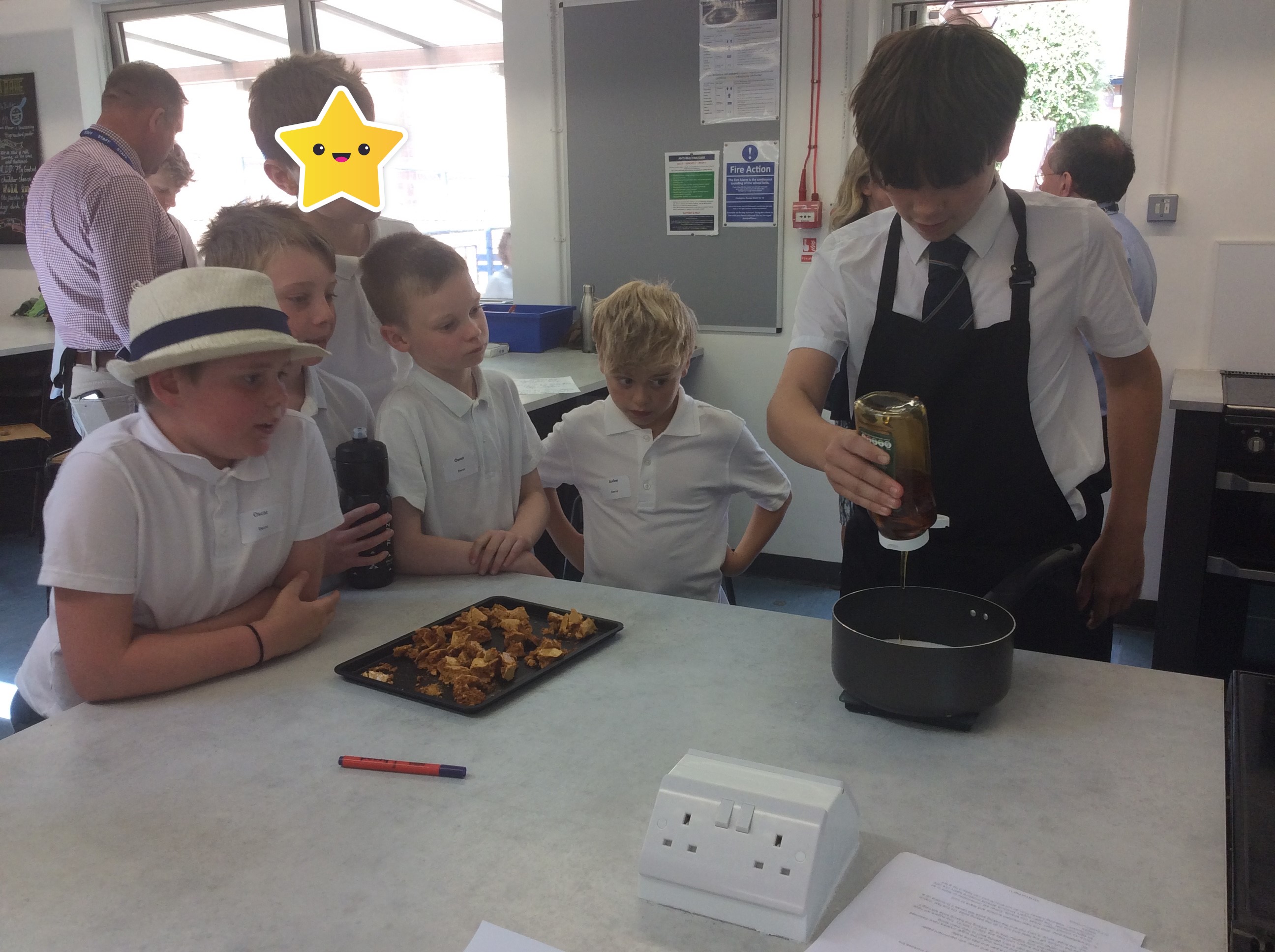
Spring Term 2025 - Whole school science fair
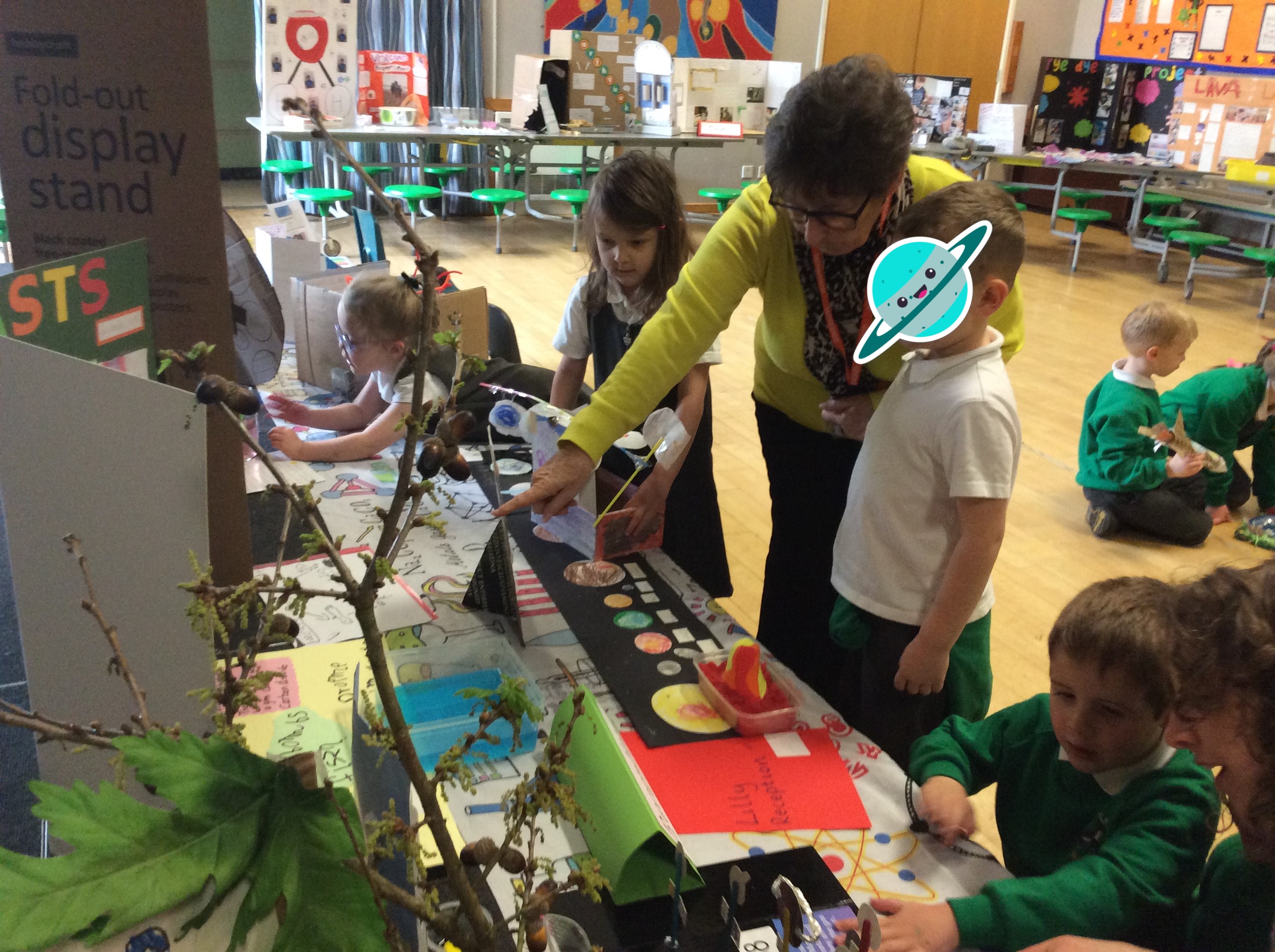

Spring Term 2025 - RSPB Big Garden Bird Watch
Art inspired by the birdwatch
Autumn Term 2025 - Space dome experience - Years 1, 5 and 6

Spring Term 2024 - Whole school science fair
Summer Term 2023 - Partnership with Torquay Boys' Grammar School
